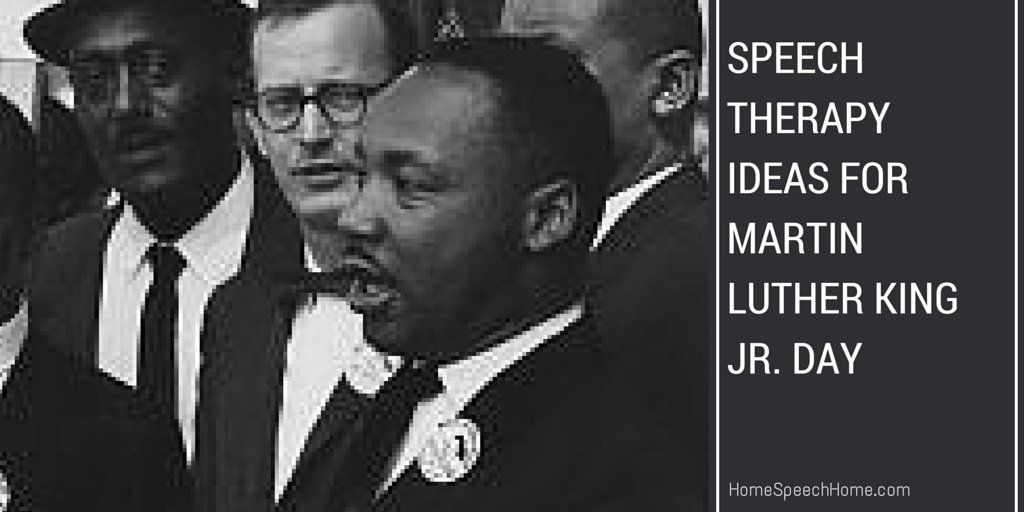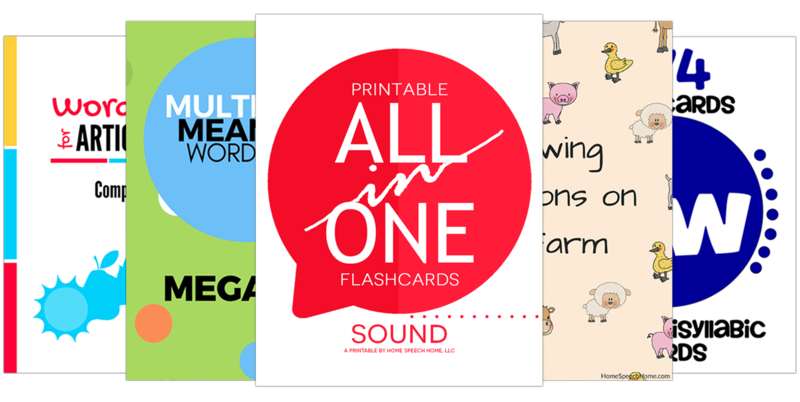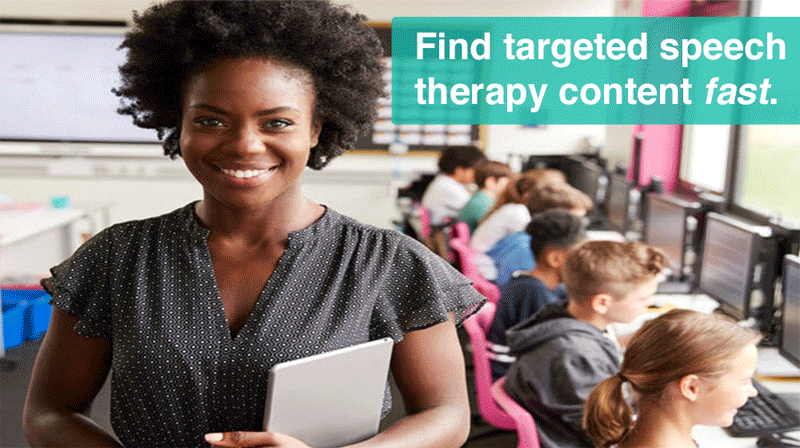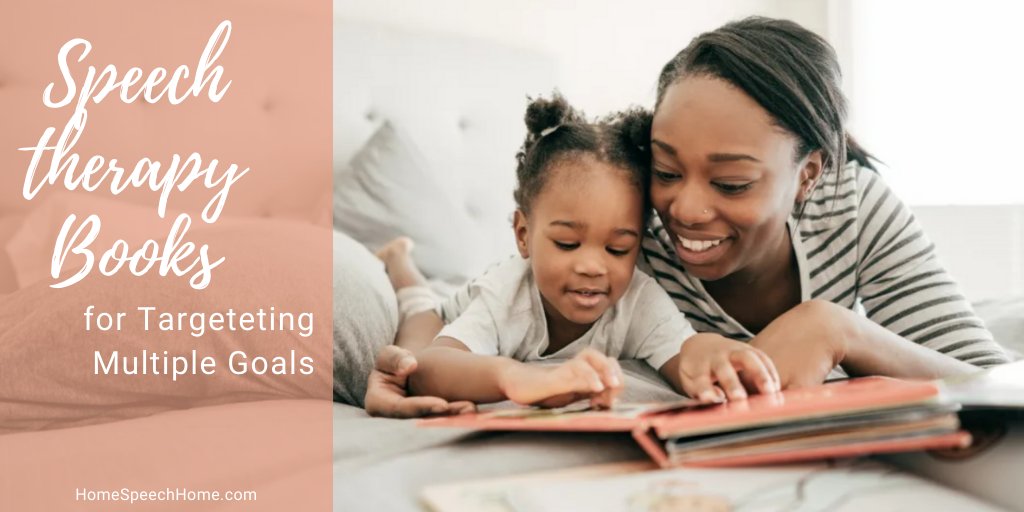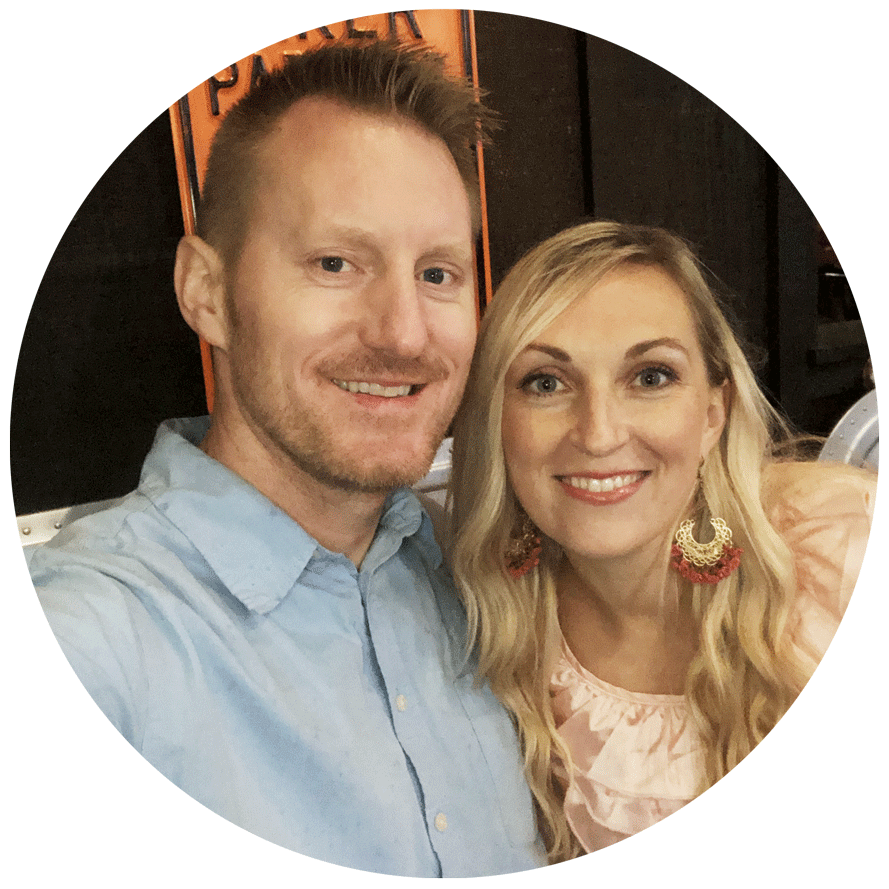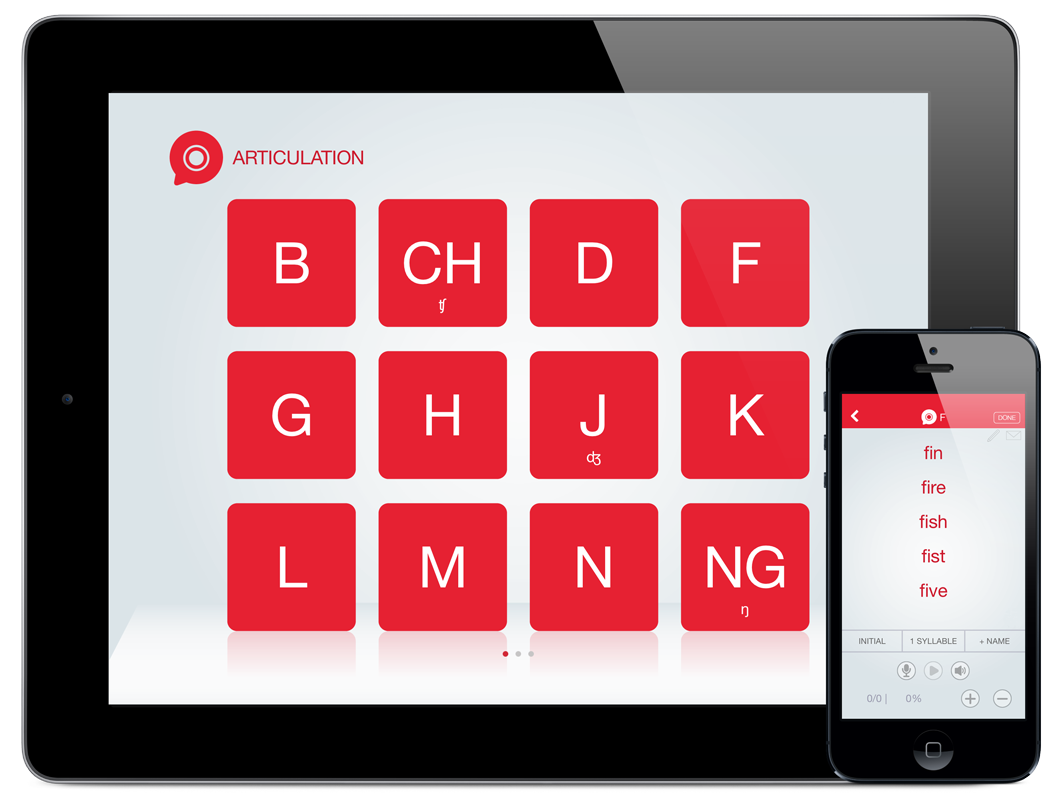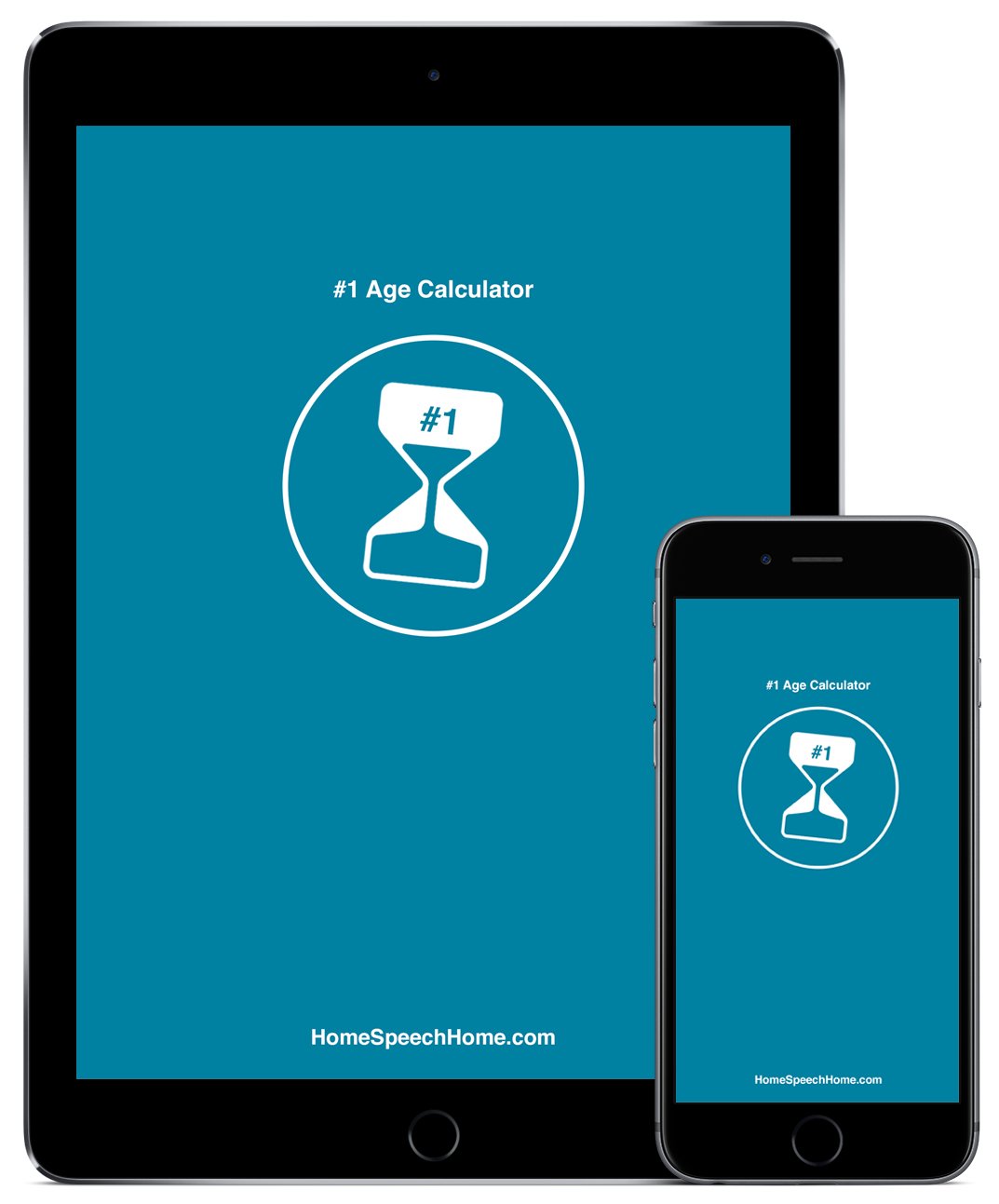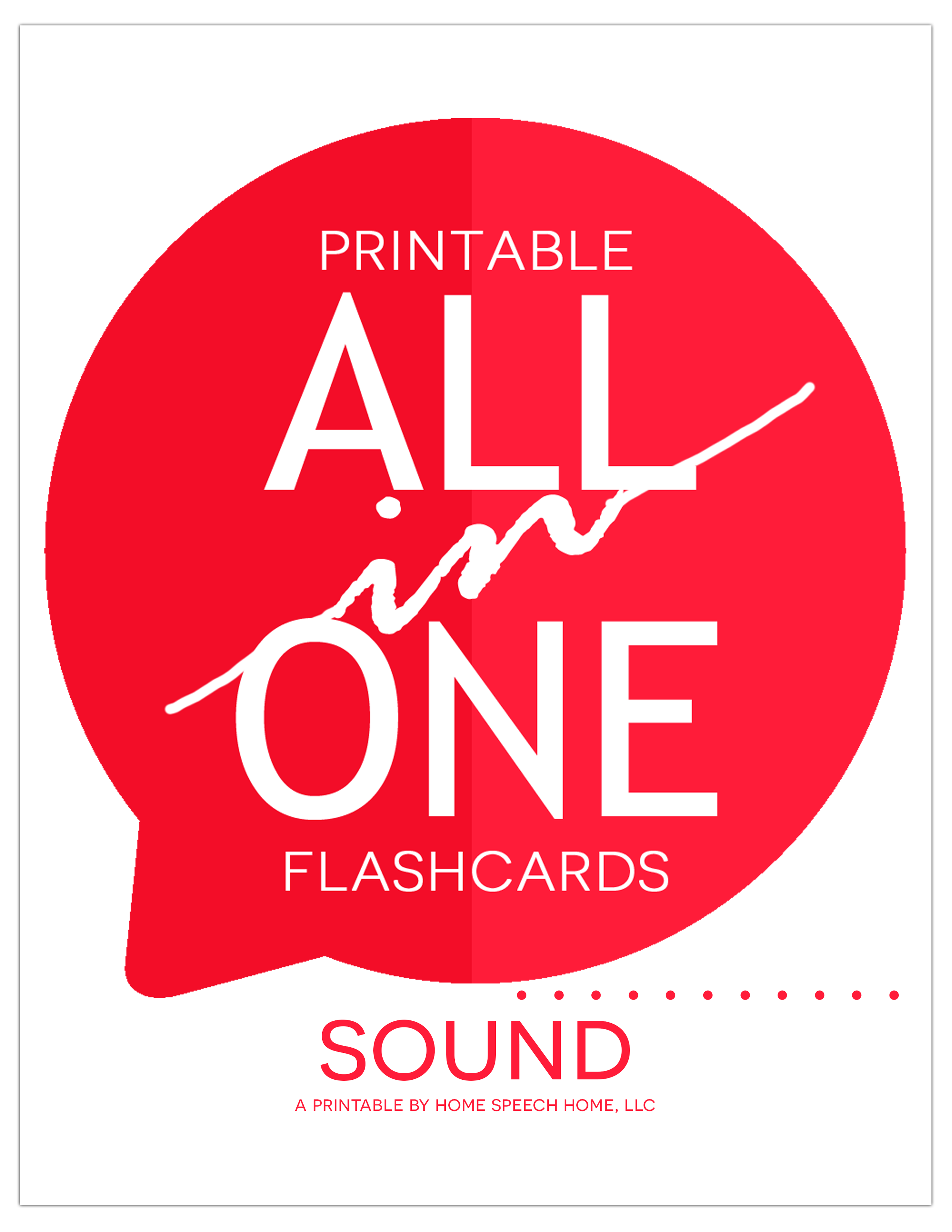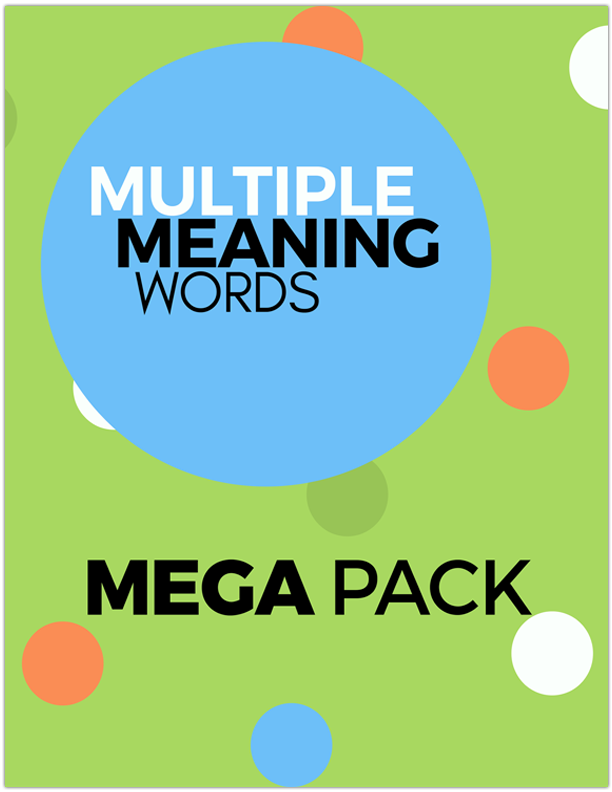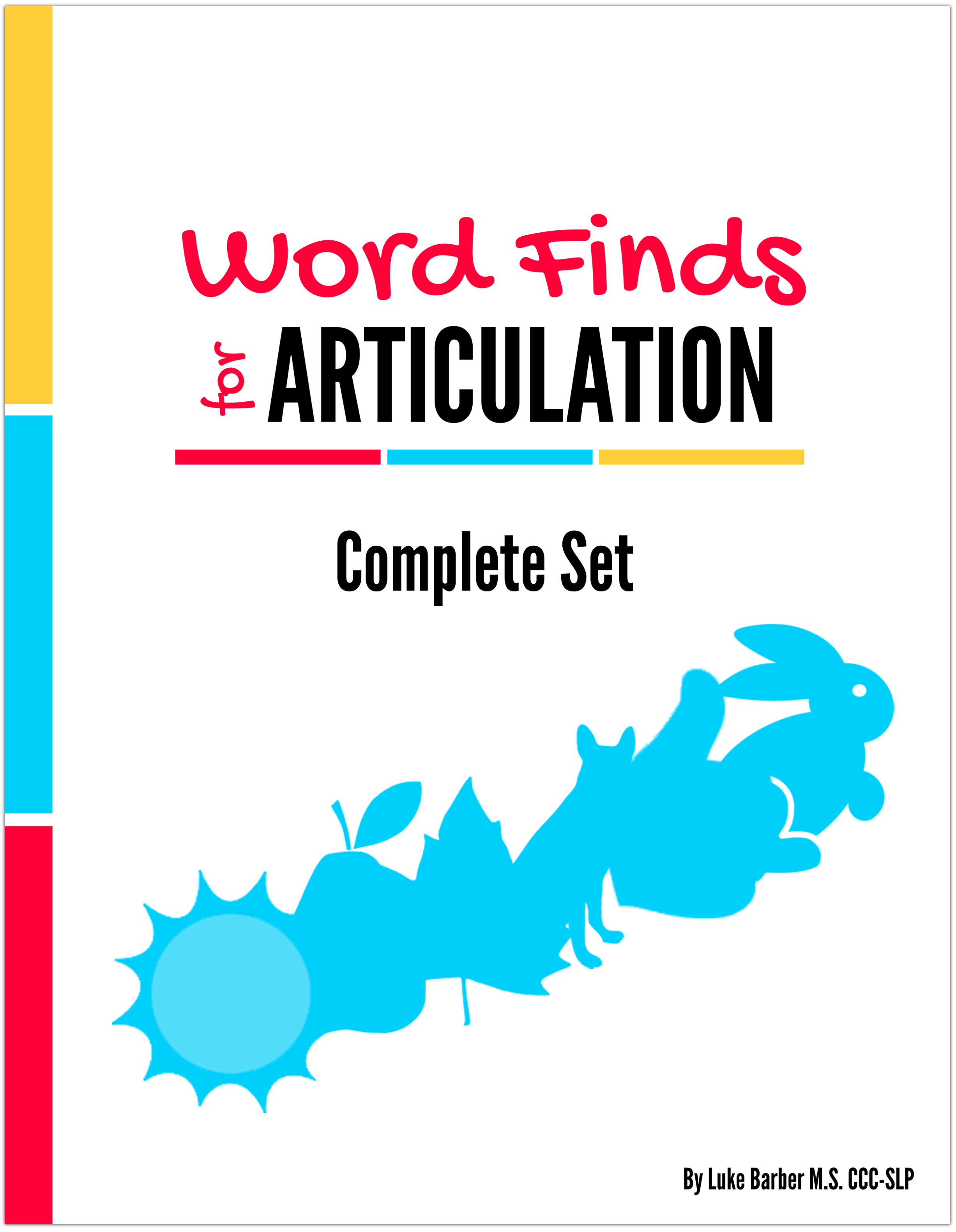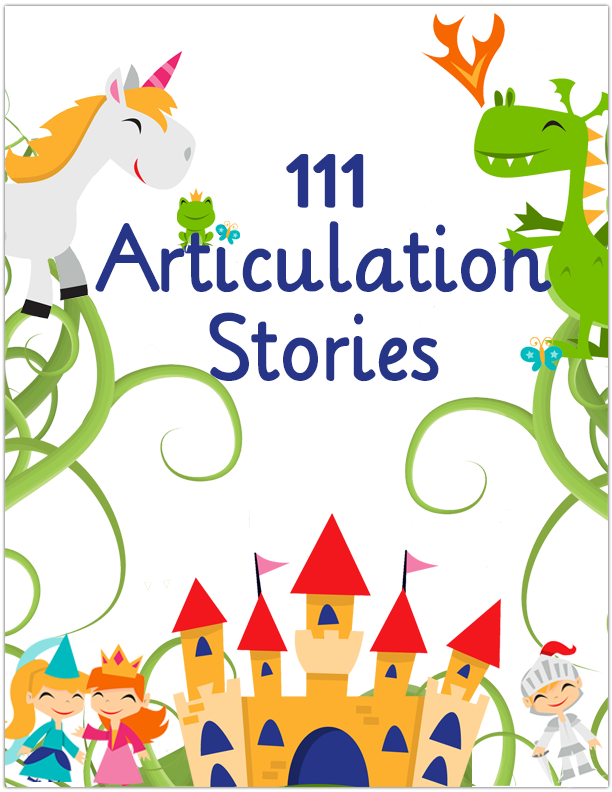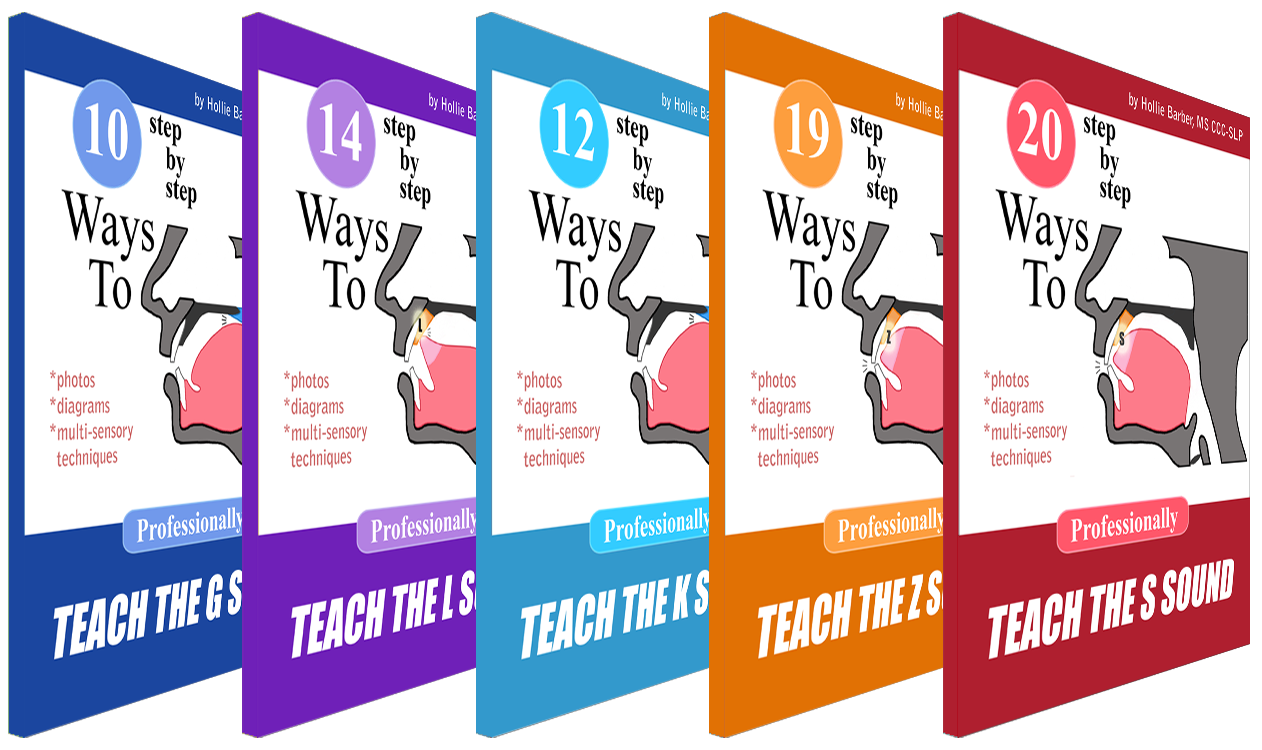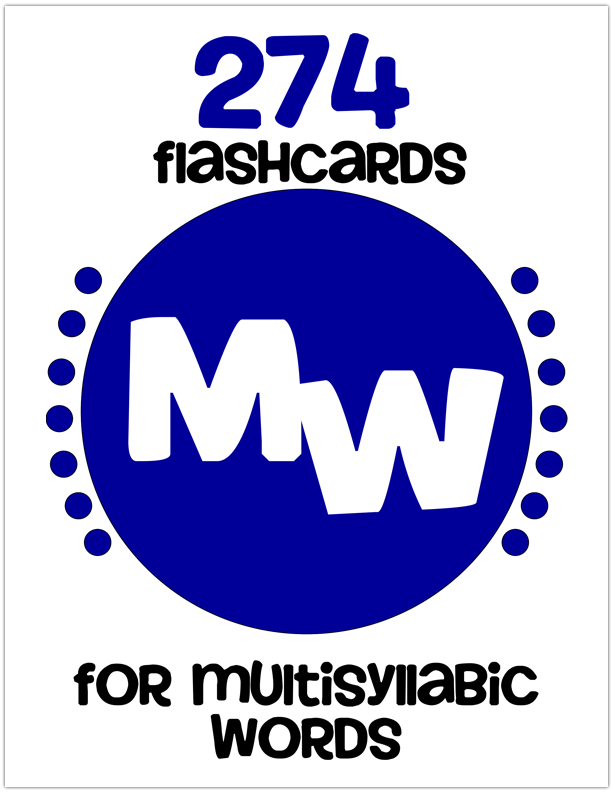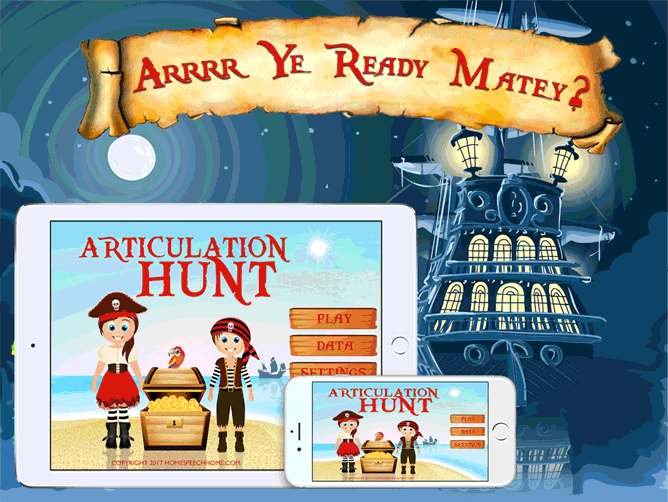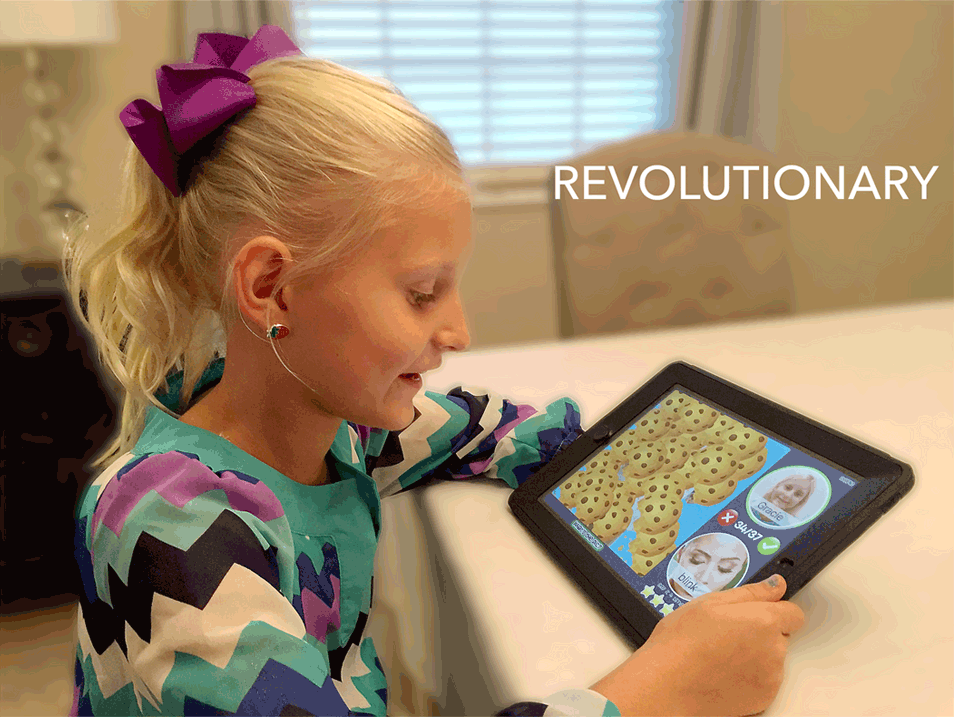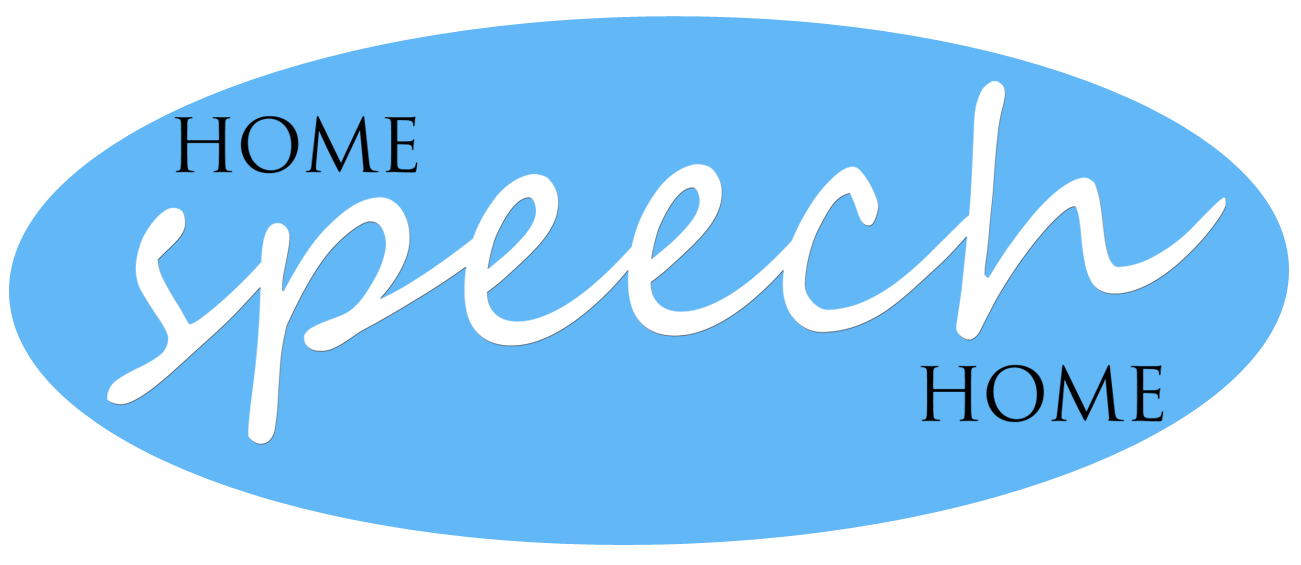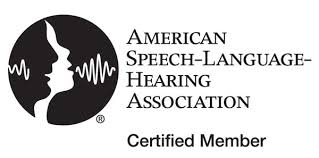Let Freedom Ring!
10 Speech Therapy Activities
for Martin Luther King Jr. Day
Martin Luther King Jr. Day (in the U.S.) represents bravery, freedom, equality, respect, and unity.
I love talking about Martin Luther King with school-aged children because there are such important principles and lessons that can be learned from his example and the Civil Rights Movement.
This is a great time to talk about anti-bullying, embracing differences, and standing up for what is right.
It also provides wonderful and stimulating topics for language goals.
Explore Our Goal Achieving, Client Centered Products
Here are some quick facts about Martin Luther King Jr.:
- He was born in January of 1929
- He graduated from high school at the age of 15
- He was originally named Michael, but as a child his father changed his name to Martin-Luther King
- He received a college degree (BA) at the age of 19
- He married Coretta Scott and they had 4 children
- At the age of 26 he led a bus boycott, which caught the attention of the nation
- His house was bombed and he received many violent threats and was even imprisoned
- He was a pastor in the baptist church
- His non-violent protests and bus boycott resulted in the outlawing of segregation in public accommodations and discrimination in education and employment
- He led a march which played an important role in giving equal voting rights for African Americans
- He was assassinated in 1968
- The first Federal Martin Luther King Day was Celebrated in 1986
For more kid friendly information we recommend the book "Martin's Big Words: The Life of Dr. Martin Luther King, Jr."
Acquaint your students with the story. You can tailor the facts to the appropriate age.
Here is a great video that you can show your students that will only take three minutes and 26 seconds to watch (every second counts when we have limited time with these kiddos, am I right?!)
Here are some follow-up activities to choose from:
Receptive Language
1. WH Questions
First you ask the WH questions.
- Who was Martin Luther King?
- Where did he live?
- What did he believe?
- Why was he so important?
Then switch roles and have the kids ask you WH questions.
2. Three Fact Game
Give three statements. Two that are true and one that is false. Have your children identify the false statement.
SEE ALSO: The Best Free App for Speech Therapy
Expressive Language
3. Story Retell
Have the children retell the story.
It may be helpful to use the video during retell by muting the volume and pushing pause on pictures to assist with recall.
For homework, ask the student/s to retell the story to their parents.
4. Build Vocabulary
Give the child a word and ask them to formulate sentences around the word. You can use sentences strips and have them fill in the blank, or just do this as a verbal activity.
Examples:
Equality
"MLK wanted ________ for all people."
Unity
"MLK believed in bringing people together in _______."
Boycott
"MLK asked African-Americans to ______ public transportation."
Protest
"MLK believed in non-violent ______."
Courage
"It takes a lot of ______ to stand up against a crowd."
Discriminated
"MLK did not want anybody to be _______ for being different."
Freedom
"MLK was fighting for our _______."
5. Fun Song
If you have extra time, play the video below to learn a cute song about Freedom.
Your kids will want to clap along and they will probably learn the words because it's a catchy little tune.
It is great for younger children and kids or adults with other developmental disorders.
6. Circle Sharing
Sit in a circle and ask the children to make sentences about the freedoms they are grateful for.
Use the carrier phrase "I have freedom to choose my_____."
Or don't use a carrier phrase and let this be an open topic for the kids to talk about. Great expressive language topic!
7. Paper Hand
Trace the child's hand. In each finger write a freedom they enjoy.
Have them take this home for homework to tell their parents (in full sentences of course!) about the freedoms they are grateful for.
8. Timeline Sequencing
Using the dates and information on this website, help the students create their own time line.
Then have them retell the information in proper sequence. Send home for homework.
9. Paper Bag Categorizing
You will need two brown lunch bags and the following sentence strips which you can print out here:
Discrimination
African Americans are not allowed to vote.
African-Americans must sit in the back of the bus.
African-Americans must drink from different drinking fountains.
African-Americans are segregated in the schools and work places.
Equality
Everybody over the age of 18 is allowed to vote.
African-Americans are allowed to sit wherever they want on the bus.
Schools are no longer segregated and everyone is allowed to attend.
African-Americans may use the same restrooms and drinking fountains as everyone else.
On one bag write the word "DISCRIMINATION" with a frowny face.
On the other bag write the word "EQUALITY" with a smiley face.
The children will place the word strips in the proper bag.
SEE ALSO: The Best Books for Speech Therapy Practice
10. Compare and Contrast People
No two people are alike! We are all different and that is what makes this world beautiful.
Show the children two pictures of people from a magazine or from the internet, side by side. First discuss or write what makes the people the SAME. Then what makes them DIFFERENT.
Similarities/differences could include hair color, gender, facial expressions, eye color, age, etc.
Using your computer, phone, tablet, or camera take a picture of the child/ren. They will love seeing themselves on the computer or tablet.
Talk about their great features and what makes them the same/different from their family members, friends, or magazine pictures.
Hope you enjoy!


About the Author
Lindsey is an M.S. CCC-SLP from Salt Lake City, UT. She received both her B.S. and M.S. from Utah State University. When she's not chasing her 5 crazy kids around, she enjoys creating engaging speech therapy ideas and materials. Read More
Activities and Product Discounts, Oh My!
Sign up for Terrific Therapy Emails
Your information is 100% private & never shared.
